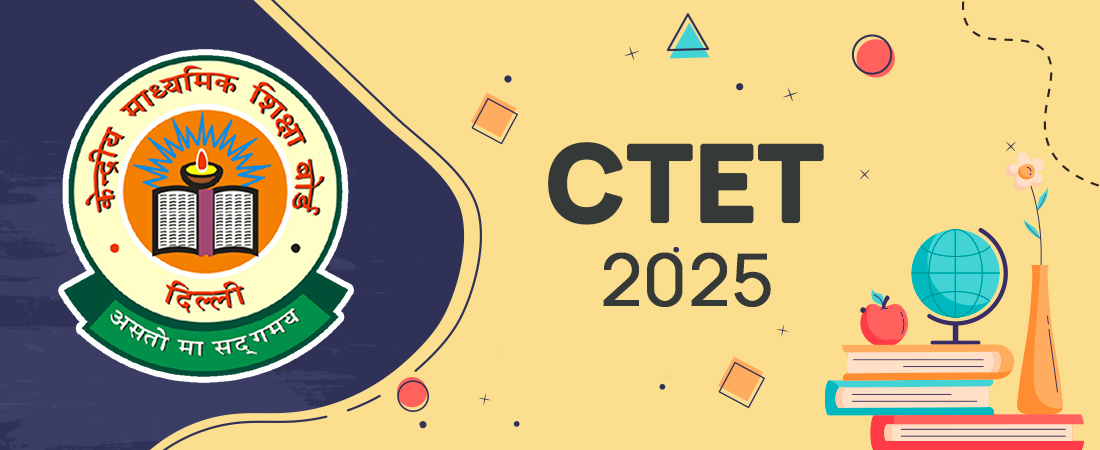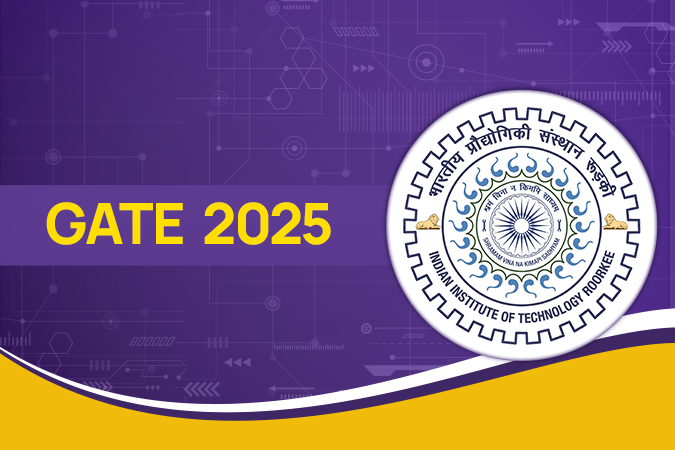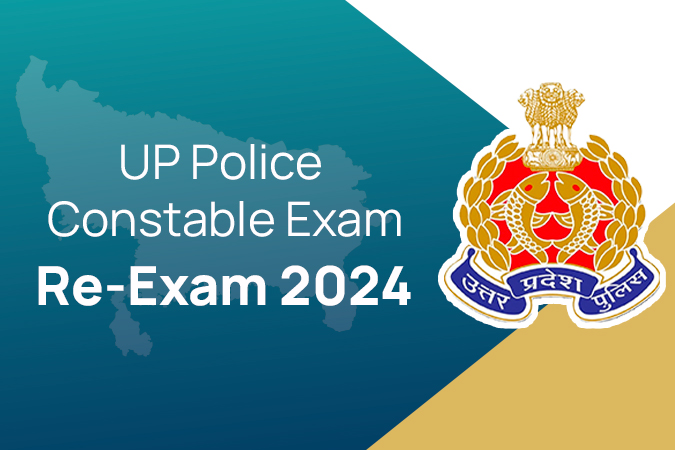
CTET Exam Date 2025, Eligibility Criteria, Application Process & More.
The Central Teacher Eligibility Test (CTET) 2025 is a crucial national-level exam for candidates aspiring to become teachers in Class I to VIII in central government schools, such as Kendriya Vidyalayas and Navodaya Vidyalayas, as well as schools under the central government’s administrative control. Conducted by the Central Board of Secondary Education (CBSE), CTET assesses candidates on their teaching aptitude, knowledge, and understanding of child development and pedagogy.
The following sections provide detailed insights into the CTET 2025 exam structure, important dates, eligibility criteria, and FAQs to help you navigate through your preparation.
| Events | Date (Tentative) |
|---|---|
| Notification | 5th March 2025 |
| Registration Starts | 7th March 2025 |
| Registration Last date | 5th April 2025 |
| Last date to pay the application fee | 5th April 2025 |
| Final Verification of the Fee by the Candidates | 5th April 2025 |
| Application Correction | 8th to 12th April 2025 |
| Admit Card Release | 1st week of July 2025 |
| Exam Date | 7th July 2025 |
| Answer Key | 3rd week of September 2025 |
| Result | 4th week of September 2025 |
Candidates should keep checking the official website of CTET for updates on the exact exam dates and related notifications.
- Visit the official website: Go to the CTET website to apply.
- Register: Fill in the necessary details to create a profile.
- Fill out the Application Form: Enter educational qualifications, and personal details, and choose the preferred exam cities.
- Upload Documents: Upload scanned copies of your photograph and signature.
- Payment: Pay the application fee via online payment modes (Net banking/Credit Card/Debit Card).
- Submit: Complete the submission and download the confirmation page for future reference.
| Category | Fee for One Paper | Fee for Both Papers |
|---|---|---|
| General/OBC | INR 1000 | INR 1200 |
| SC/ST/PwD | INR 500 | INR 600 |
For Paper I (Primary Teachers: Class I-V)
- Senior Secondary (or its equivalent) with at least 50% marks, and passed or appearing in the final year of a 2-year Diploma in Elementary Education (D.El.Ed) or B.El.Ed.
- Alternatively, candidates with at least 45% marks in Senior Secondary and a diploma in Elementary Education (as per NCTE norms) are eligible.
For More Details Click Here
For Paper II (Elementary Teachers: Class VI-VIII)
- Graduation with at least 50% marks and a 1-year Bachelor in Education (B.Ed) or 2-year Diploma in Elementary Education (D.El.Ed).
- Candidates appearing in the final year of B.Ed or D.El.Ed can also apply.
- Paper I: For candidates aspiring to teach Classes I-V (Primary level)
- Paper II: For candidates aspiring to teach Classes VI-VIII (Elementary level)
| Subject | Questions | Marks |
|---|---|---|
| Child Development and Pedagogy | 30 | 30 |
| Language I (Compulsory) | 30 | 30 |
| Language II (Compulsory) | 30 | 30 |
| Mathematics | 30 | 30 |
| Environmental Studies | 30 | 30 |
| Total | 150 | 150 |
| Subject | Questions | Marks |
|---|---|---|
| Child Development and Pedagogy | 30 | 30 |
| Language I (Compulsory) | 30 | 30 |
| Language II (Compulsory) | 30 | 30 |
| Mathematics & Science (for Math/Science teachers) OR Social Studies (for Social Studies teachers) | 60 | 60 |
| Total | 150 | 150 |
Candidates who wish to teach both primary and upper primary levels can opt to appear for both Paper I and Paper II.
The syllabus for CTET is divided into different sections depending on the subject and paper (I or II).
- Child Development and Pedagogy
- Principles of child development, learning, and pedagogy.
- Understanding inclusive education and addressing special needs.
- Factors influencing learning.
- Language I & II
- Proficiency in the medium of instruction.
- Grammar, comprehension, and teaching methods for languages.
- Mathematics
- Number system, fractions, geometry, and algebra.
- Problem-solving and pedagogical content.
- Environmental Studies (For Paper I)
- Understanding the interdependence of human beings, plants, animals, and natural resources.
- Teaching environmental studies effectively.
- Social Studies/Sciences (For Paper II)
- Geography, history, and political science concepts.
- Social and political life in India and its teaching methodology.
Both Paper I and Paper II consist of 150 multiple-choice questions (MCQs), each carrying 1 mark. There is no negative marking. The exam is conducted in offline mode (pen-and-paper), making it important for candidates to practice filling OMR sheets for accuracy.
- Duration: 2.5 hours for each paper.
- Mode of Exam: Pen and paper (offline).
- Languages: The CTET is conducted in English and Hindi, but candidates can choose from other languages listed on the application form.
1. What is the validity period of the CTET certificate? ?
The CTET certificate is valid for a lifetime after the recent update by the central government. Earlier, it was valid for seven years.
2. How many attempts are allowed for CTET?
There is no limit on the number of attempts a candidate can make for CTET. Candidates can improve their scores by reappearing.
3. Can a candidate apply for both Paper I and Paper II?
Yes, candidates eligible for both can apply for both Paper I and Paper II. However, they need to select the appropriate option while filling the application form.
4. What is the qualifying percentage for CTET?
The qualifying percentage for CTET is 60%. Candidates scoring 60% or above are considered qualified.
5. What is the CTET Exam Mode?
CTET is conducted offline using the traditional pen and paper mode. The questions are multiple-choice with no negative marking.
6. Is there any relaxation for reserved categories?
Yes, candidates belonging to SC/ST/OBC/PwD categories are given a relaxation of up to 5% in the qualifying marks.
Check more CTET Exam books here: bookscape.com/CTET
Look up HERE for more information and resources for other exams



